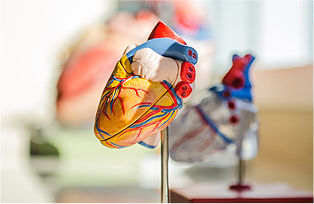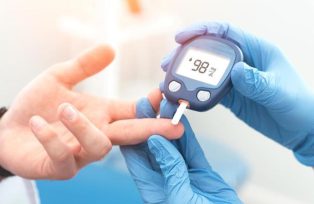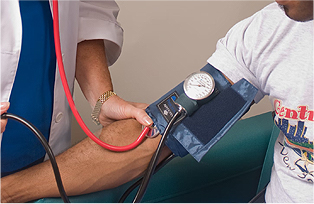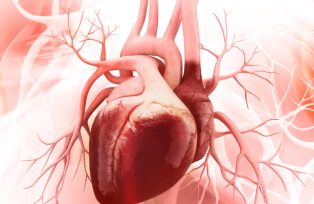HIGH BLOOD PRESSURE

HIGH BLOOD PRESSURE
What is high blood pressure?
The heart is an organ that is constantly working. It pumps blood into the vessels 24 hours a day, supplies oxygen and nutrients to all body organs. This happens under some pressure.
The height of the pressure depends on the condition of the vessels. If the vessels are passable, without fat deposits, the heart has to develop less energy to push the blood. On the contrary, with a long-term bad diet or with high cholesterol, the patency of blood vessels decreases, and therefore high blood pressure is often an accompanying phenomenon in people suffering from these diseases.
Pressure values are not constant, they constantly change during the day according to a person’s activity – if a person is stressed, the pressure increases, as well as during physical activities such as exercise, or walks. On the contrary, the pressure naturally decreases during relaxation and sleep.
The pressure measuring device shows us two values – the higher value is referred to as systolic pressure which is the value of the pressure in the blood vessels at the moment the blood is expelled from the heart. The lower value is referred to diastolic pressure that refers to the pressure during the resting phase between two heartbeats.
The risks of high blood pressure
Our health and ability to reduce our risk of heart disease has never been more important. You can have your blood pressure checked by your attending physician, but also at Texas Health Providers, where our pharmacists who are professionals in the field will attend to you.
High blood pressure can cause a variety of problems for your heart, including coronary heart disease, heart failure, or left ventricular hypertrophy. Hypertension or high blood pressure also affects brain activity and brain supply, and in case of dysfunction, it can cause mild cognitive impairment, dementia and stroke.
Hypertension is the main cause of stroke, according to some studies it causes up to 70% of all strokes in the world. It is also a major risk factor for heart disease, vascular dementia, kidney disease, and other cardiovascular diseases. The effects of these conditions can be very limiting, but with the support of Texas Health Providers, you can better understand and prevent the associated risks.
The risk of developing cardiovascular disease increases when hypertension is combined with other diseases, especially high cholesterol and diabetes. High blood pressure is also a risk factor for:
Heart attack
It is an acute form of ischemic heart disease. An artery that carries blood to the heart becomes blocked or ruptured. The consequence is death in a quarter of cases.
Hardening of the arteries
Heart disease
Brain stroke
Brain infarction or brain stroke occurs when one of the blood vessels in the brain becomes blocked or bursts. If you are unsuccessful in treating brain stroke, it will cause paralysis and death.
Dementia or memory disorders
Deterioration or loss of vision
Kidney failure
Kidney disease can cause high blood pressure and conversely, increased pressure in the blood vessels of the kidneys can damage their function. By controlling the high blood pressure, it is possible to avoid their failure and dialysis treatment.
Hypertensive crisis
If the blood pressure suddenly rises above 230/130 mm Hg, an acute condition occurs, which is characterized by severe headache, convulsions and nausea. The pressure is so high that vital organs are damaged or even fail.
Causes of high blood pressure
Genetics
Eating habit
Effects of disease
Diagnosis of high blood pressure
It can be clearly concluded from the past studies that the use of drugs to lower blood pressure is within the standard. It can reduce complications caused by high blood pressure. In addition to taking medicine, all high blood pressure patients should have behavior modification or treatment without medication as follows:
Take medicine and see a doctor as scheduled
Consume natural foods
Weight loss
Physical exercise
Regular exercise for 25-30 minutes a day, 5-7 days a week, such as brisk walking, swimming, jogging, and etc. will help the drug to be more effective. So, people with very high blood pressure should consult our doctor before starting any exercise.
Diet control
Change a lifestyle
Know how to relieve stress and calm the mind, such as meditation, practicing yoga, religious practices, and etc. Practicing slow breathing within 8/10 times per minute for 12-15 minutes a day for about 2/3 months will reduce blood pressure.
When there is an illness with other diseases, be sure to tell our doctor from Texas Health Providers about high blood pressure, as some medications have side effects that increase your blood pressure.












